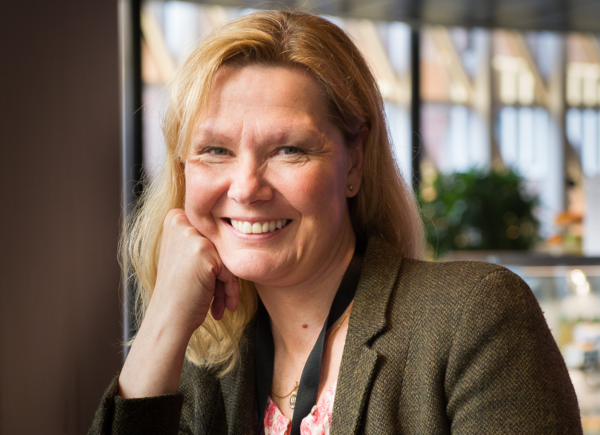Human embryos whose genomes have been edited should not be used to create a pregnancy until it is established that precise genomic changes can be made reliably without introducing undesired changes – a criterion that has not yet been met by any genome editing technology, says a new report by an international commission of the U.S. National Academy of Medicine, U.S. National Academy of Sciences, and the U.K.´s Royal Society.
If a nation decides that heritable human genome editing (HHGE) is permissible in the future, initial uses should be limited to the prevention of serious monogenic diseases, which result from the mutation of one or both copies of a single gene – for example, cystic fibrosis, thalassemia, sickle cell anemia, and Tay-Sachs disease, the report says.
Anna Wedell, professor at Karolinska Institutet, and a member of the Royal Swedish Academy of Sciences, is one of the members of the commission.
Read the press release in full and the report from the commission.
